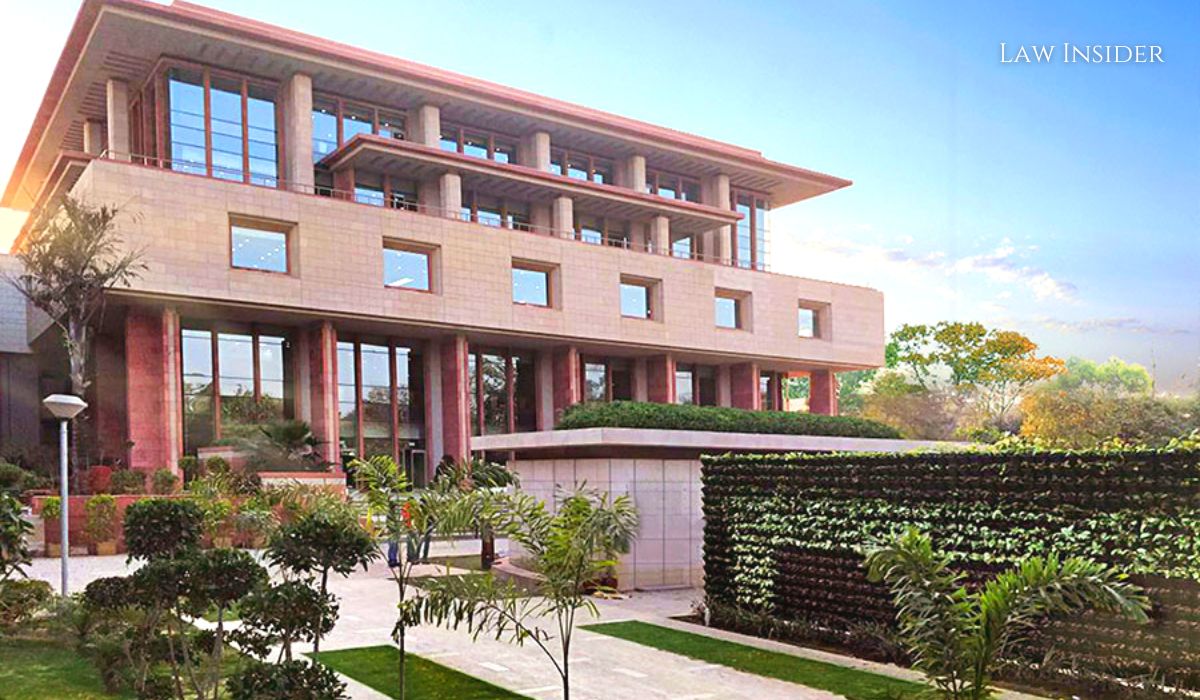Savvy Thakur
Published on: 03 December 2022 at 20:09 IST
The suit Adobe filed alleging Namase Patel’s infringement of its registered trademark “ADOBE” was dismissed by the Delhi High Court, which awarded Adobe over two crores as damages. Adobe is a multinational computer software company based in the United States.
The cybersquatter is accused of registering domain names for computer software and other IT-related services that are confusingly similar.
Namase Patel and anyone else associated with him were permanently prohibited by Justice C Hari Shankar from registering domain names that incorporate or use Adobe, Photoshop, or Spark trademarks in a way that could violate Adobe’s trademarks.
The court ordered that Adobe be given control of the access to the websites www.addobe.com and www.adobee.com in order to prevent their misuse after their terms expired.
It also issued a permanent injunction prohibiting Patel from disclosing any Adobe-related confidential information to third parties.
The bench stated that Adobe will be entitled to Rs. 50,000 in damages Rs. 2,00,01,000 as stated in the lawsuit, according to Justice Shankar:
“These damages are intended to be deterrent in nature given the nature of activities of Defendant-1 (Namase Patel) and the fact that he stands recognized, even in foreign jurisdictions, as being an inveterate and habitual cyber-squatter and domain name infringer.”
The court noted that Abode has recorded the decisions of the National Arbitration Forum and the WIPO Arbitration and Mediation Center, which reveal that Patel is “habitually involved in cybersquatting and infringing domain names of various entities” among other things.
Justice Shankar stated, “These orders clearly indicate that Defendant 1 is an inveterate cyber squatter, whose main sphere of activities involves infringing well-known domain names by using deceptively similar domain names and then indulging in further misuse and infringing activities.”

